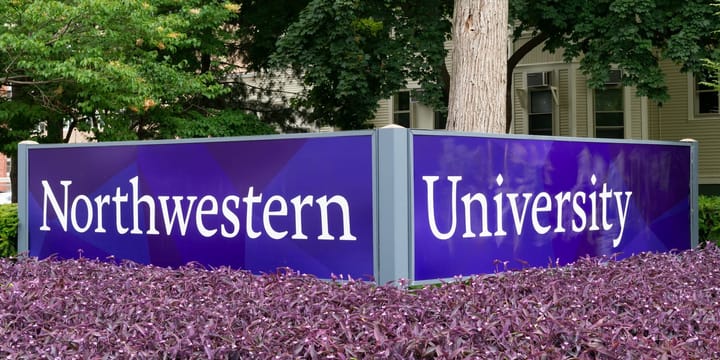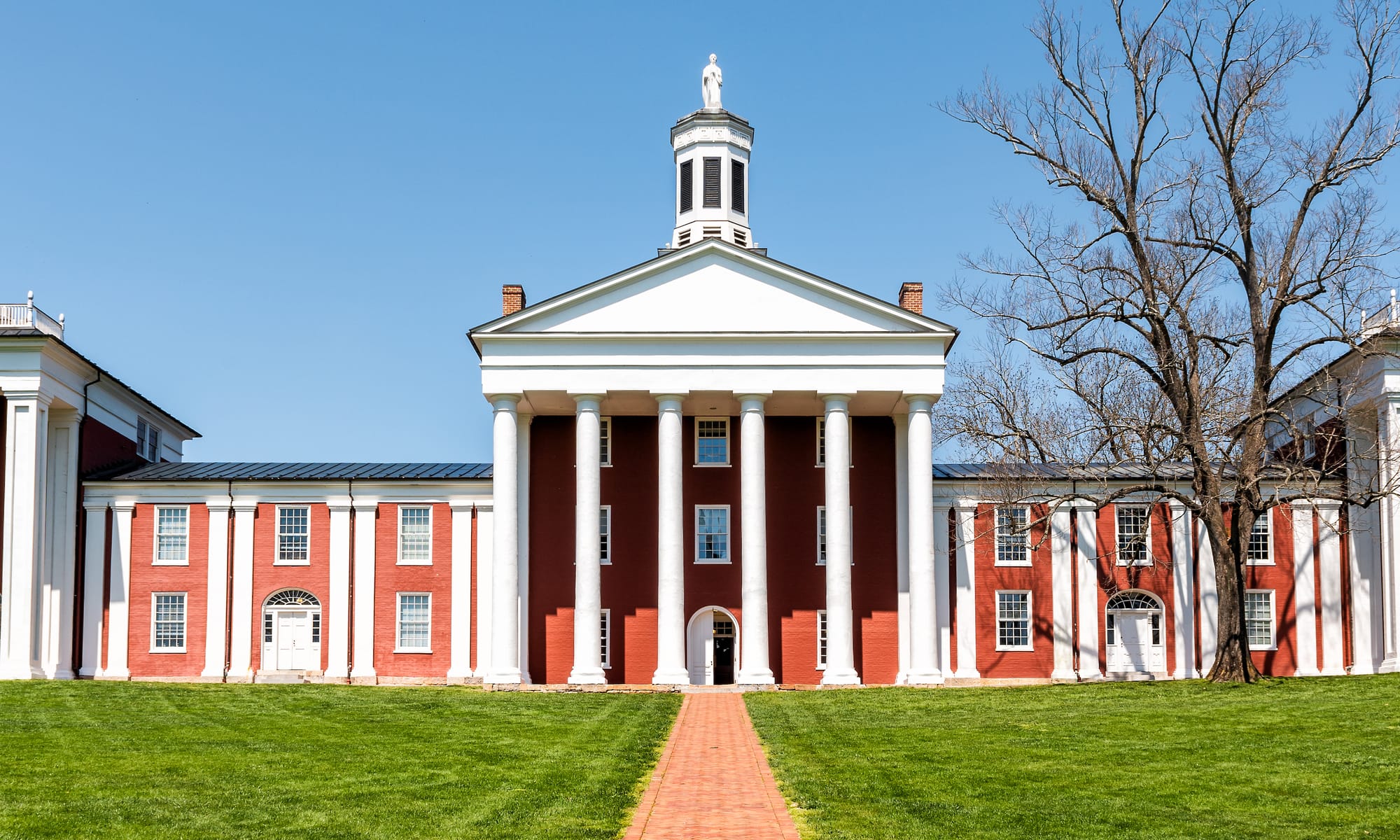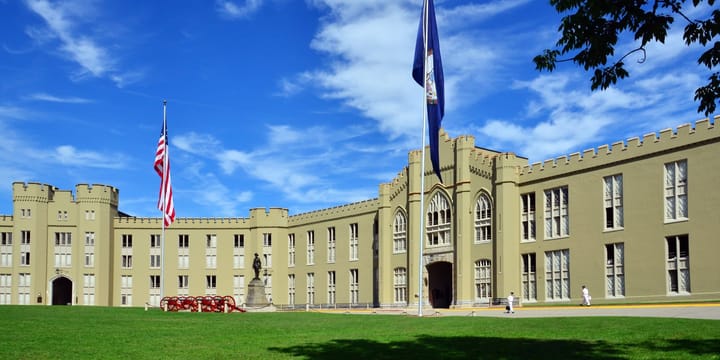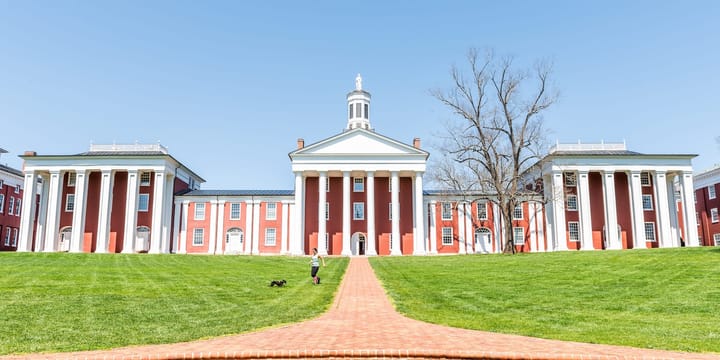Another university president falls: Northwestern's Schill resigns under Trump administration pressure
The university’s president, Michael Schill, said he would step down following months of turbulence, including Trump administration cuts of $790 million from the university’s research funds.

It feels like I should have a mad-libs style template for this now: [University Name] caves to pressure from the Trump administration, and [President Resigns/Ends All DEI Programs], etc., etc.
Northwestern University President Michael H. Schill announced his resignation Thursday. This marks another high-profile casualty in the Trump administration's relentless campaign against American higher education. His departure comes after months of withering Republican attacks and the devastating loss of $790 million in federal research funding—a financial blow that forced the Big Ten university to lay off hundreds of employees.
Institutional pressure, congressional theater, and real consequences
Schill's resignation fits a troubling pattern we've documented across American universities. Like University of Virginia President James E. Ryan, who resigned earlier this year under Trump administration pressure, and the leadership upheaval at institutions from Harvard to Columbia, Northwestern's situation demonstrates how federal investigations and funding threats are reshaping university leadership nationwide.
The administration has weaponized federal research dollars as a cudgel against institutions don't toe its ideological line. Northwestern's $790 million funding freeze—announced abruptly in April—represents one of the largest such actions to date, forcing the university into what administrators called "the most painful measure we have had to take" through massive layoffs.
Schill has also faced the now-familiar ritual of congressional kabuki that has become the standard. During a May 2024 House Committee hearing, Republican lawmakers accused Northwestern of inadequate response to campus antisemitism. This came amid the first rounds of Gaza war protests. Representative Virginia Foxx declared that university presidents "should be ashamed of your decisions that allowed antisemitic encampments to endanger Jewish students," telling Schill he "should be doubly ashamed for capitulating to the antisemitic rule breakers."
Personal history as political weapon
And this merry-go-round has a maximum evil setting. Schill's own family history became fodder for political attack. During congressional testimony, he shared deeply personal details: "My great-grandfather was killed in a pogrom on Good Friday in Russia. Four of my grandmother's five sisters perished in the camps in Poland." This attempt to establish his credibility on antisemitism issues failed to satisfy Republican committee members, who continued their assault despite his family's Holocaust trauma.
Because it was never about ant-semitism from the administration full of actual Nazis, it was about power and fear.
The broader context of academic freedom under siege
Northwestern's situation must be understood within the wider assault on higher education we've tracked across multiple institutions. Just the day before at Emory University, interim president Leah Ward Sears—herself a Black alumna who "reaped the benefits" of diversity programs—was forced to dismantle DEI offices under federal pressure.
George Mason University faces Justice Department investigation of faculty resolutions supporting their president. Brown University paid $510 million, while agreeing to abandon diversity in admissions and deny transgender students basic accommodations.
These obviously are not isolated incidents. The administration is conducting a coordinated campaign to reshape American higher education according to conservative ideology, using federal funding as the primary weapon. And if they trample a little academic freedom and some students' rights along the way, so be it.
Faculty resistance and institutional surrender
Northwestern faculty attempted to resist the pressure campaign. In June, 51 faculty members published an open letter criticizing Schill for insufficient consultation and excessive willingness to bend to Trump administration demands. They warned that "the law has now been weaponized to punish institutions and groups the federal government wishes to target. This is a political and constitutional crisis."
Their concerns proved prophetic. Despite some institutional support—including endorsement from university trustees "connected to the Jewish community"—the pressure proved unsustainable. Representative Tim Walberg summoned Schill back for additional closed-door grilling, declaring Northwestern's reforms had not "come to satisfactory fruition."
The enduring damage
Northwestern's case illustrates how the Trump administration's tactics inflict lasting institutional damage regardless of eventual outcomes. University officials have warned that even a potential deal with the White House "would not be enough to reverse the actions we are taking now." The 425 job cuts, program reductions, and research disruptions create permanent scars on the institution's capacity and mission.
Schill's resignation under pressure establishes a dangerous precedent for federal interference in university governance. When combined with similar actions at UVA, Harvard, Columbia, and other institutions, it demonstrates how investigations and funding threats can effectively remove university leaders who fail to satisfy political demands.
The administration has shown it can force leadership changes without formal legal action—simply by making institutional survival contingent on compliance with its ideological preferences. This is a fundamental threat to academic freedom and institutional autonomy that extends far beyond any individual president or university.
As we've seen across multiple institutions, the pattern is clear: resist federal pressure and face financial ruin, leadership removal, and institutional damage. The message to university presidents nationwide could not be clearer—comply or face the consequences that befell Michael Schill and Northwestern University.
It's especially disheartening to see those instutitions we thought we could count upon as bulwalks so quickly become as flimsy as card houses. I have no idea how these can be rebuilt. Some, however, whether out of the limelight or not big enough game remain.
Non in cautus futuri.



